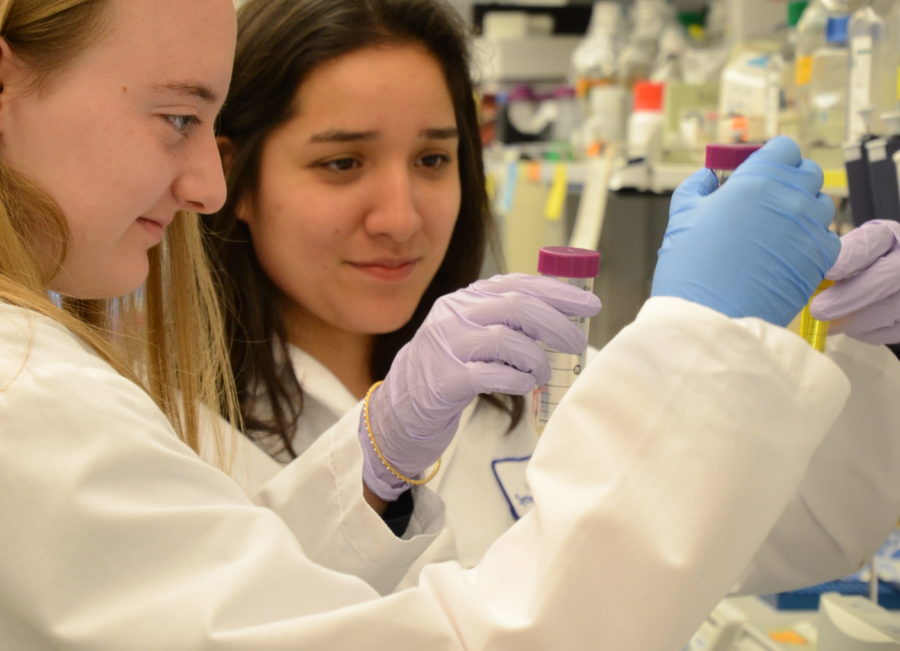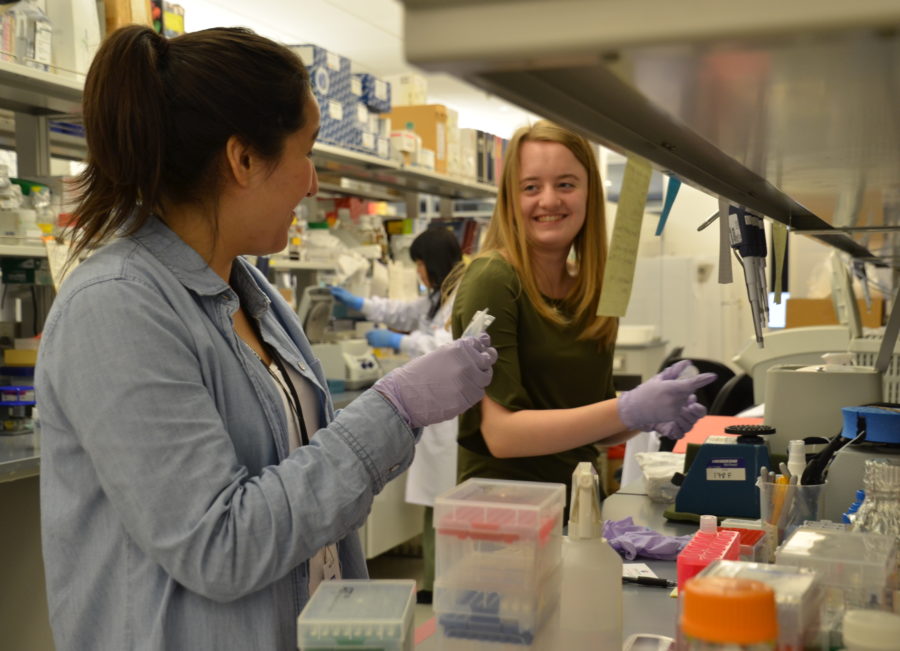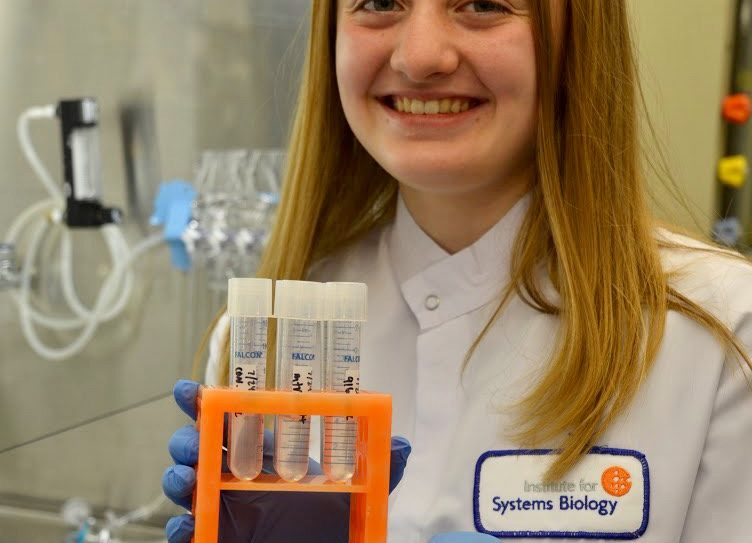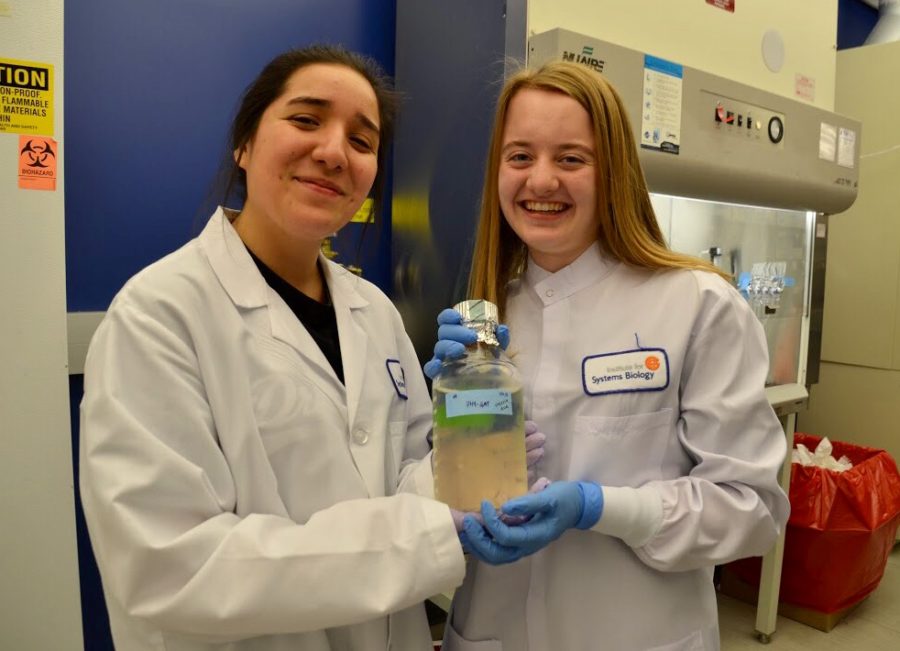CRISPRi knockdown of MtrA results in growth defect of Mycobacterium Smegmatis through repression of peptidoglycan remodeling genes
When mycobacteria divide, the complex allocation of peptidoglycan between the daughter cells is necessary for replication. MtrA is a response regualtor in Mycobacteria as part of a two-component regulatory system. When MtrA is knocked down, it results in a loss of viability in Mycobacterium tuberculosis (MTB), and a growth defect in Mycobacterium smegmatis (MSM). We see interesting gene regulation in RNA-Seq data that may explain this difference in growth.
CONTEXT
M. tuberculosis is a highly successful pathogen that multiplies inside of macrophages and often survives in a latent dormant state. First passing through the respiratory channel, the bacteria settle in the lungs creating large granulomas. Granulomas contain a collection of epithelioid macrophages that form when the immune system senses the foreign MTB but fails to thwart the pathogen. Treatment of active tuberculosis in vivo requires multiple antibiotics through a course of 6-9 months to eliminate the disease and is effective in only 90-95% of cases. In the remaining 5-10%, the bacteria develop phenotypic drug tolerance and do not respond to treatment.
M. tuberculosis has been one of the leading causes of death and infects one-third of the world's population
When the MTB bacteria enter the macrophage cell, the immune system attempts to fuse a lysosome with the foreign phagosome, in the hopes of removing the pathogen from the host cell. However, many successful pathogens, including MTB, are able to block this phagosome-lysosome trafficking through an unknown mechanism.
Our objective in this project is to understand the regulatory targets of MtrA in M. smegmatis, an essential response regulator in viable M. tuberculosis.
CONCLUSIONS
We found some interesting genes involved in peptidoglycan remodeling activity during cell division that create significant differences in the MtrA knockdown strain of MSM both in regards to growth and morphology. Unfortunately, we can't put any specific results on this website until the results have been validated and formally published. Hopefully, this page will be updated soon with more details!
 Ava and Valeria talk to one of their mentors, Vivek Srinivas
Ava and Valeria talk to one of their mentors, Vivek Srinivas Ava and Valeria
Ava and Valeria
 Ava and Valeria cleaning up the lab station after preparing Mycobacterium smegmatis cultures.
Ava and Valeria cleaning up the lab station after preparing Mycobacterium smegmatis cultures. Ava and Valeria with their primary mentor, Eliza Peterson
Ava and Valeria with their primary mentor, Eliza Peterson Ava with 6 Mycobacterium smegmatis cultures (3 induced with ATc and 3 without).
Ava with 6 Mycobacterium smegmatis cultures (3 induced with ATc and 3 without). Ava and Valeria add Kanamycin to their 7H9 media
Ava and Valeria add Kanamycin to their 7H9 media